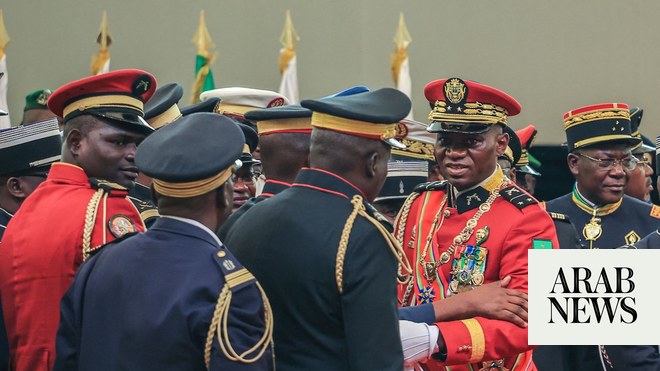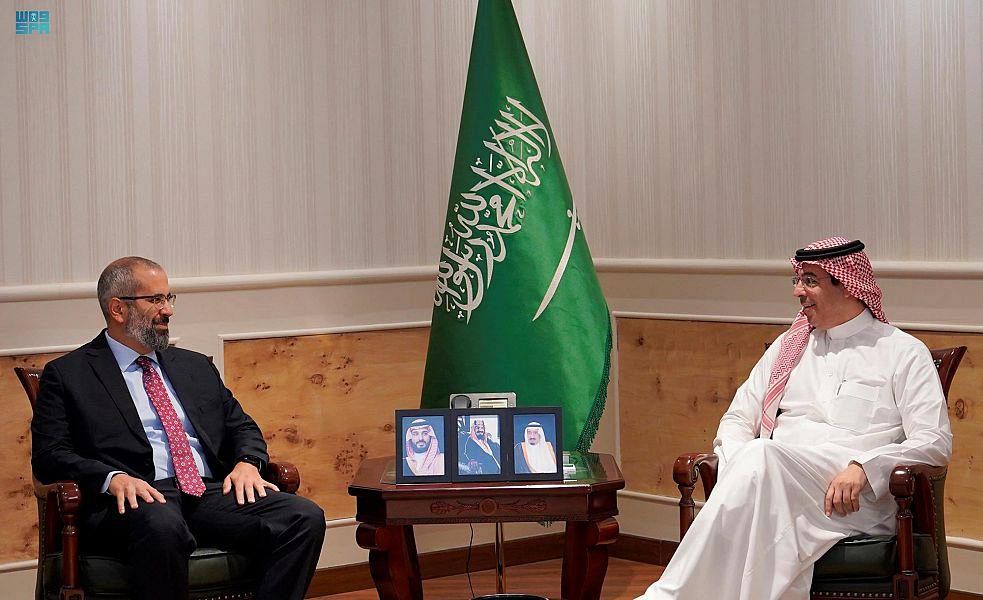
Algerian Chief of Staff Ahmed Gaid Salah voiced on Wednesday his support for newly appointed interim president, Abdelkader Bensalah, whose appointment has prompted a new wage of demonstrations by protesters demanding the overhaul of the country’s political elite.
Speaking at a regional military headquarters in Oran, he said the military will watch over the process to prepare for presidential elections, but suggested it does not want to intervene.
It is "unreasonable" to organize elections in the three-month transition period allotted by the constitution without institutional guidance, such of that of Bensalah, he stated.
The head of the Senate was appointed the day before to replace former President Abdelaziz Bouteflika, who was pressured by massive protests to step down after two decades in office.
Bouteflika had tried to hang on, but the pressure increased when Salah withdrew his support and denounced the corrupt "gang", a term people have used in the protests to describe Bouteflika’s inner circle, which encompassed retired intelligence officials, oligarchs, members of the ruling National Liberation Front (FLN) and some veterans of the 1954-62 war of independence against France.
Under the constitution, Bensalah should serve as interim leader for a maximum of 90 days while elections are organized. The presidency has set the elections for July 4.
However, protesters who have held massive and peaceful nationwide demonstrations for seven weeks reject Bensalah and others close to Bouteflika, demanding a complete change in the system that has governed the gas-rich nation since its independence from France in 1962.
Before and after the speech by the army chief, thousands of protesters, many of them students, were in the streets of Algiers and other cities, demanding that Bensalah and the government leave. Union officials from an array of sectors organized work stoppages.
Chants of "Go away Bensalah!" and "A free Algeria!" rang out from early morning from thousands of demonstrators gathered under police surveillance in the capitals May 1 Square and near the Grand Post Office, epicenters of anti-regime rallies over the past seven weeks.
For the first time in the wave of demonstrations which have swept Algiers since mid-February, police fired tear gas and water cannons Tuesday to try to disperse a protest by students.
"What happened yesterday was a violation of our right to demonstrate," said 22-year-old journalism student Asma. "Well carry on every day if needed until the last of the (ruling) clan is out."
All eyes are now focused on the turnout on the streets on Friday, the traditional day of protests in Algeria, and whether the authorities will adopt a tougher line and step up security measures.
For Mohamed Hennad, a political sciences professor at the University of Algiers, "the balance of forces will favor the street if its a large mobilization on Friday" as in past weeks.
Salah also said the judicial system would pursue corruption cases and resurrect those that had been dropped.
“The army will meet the people’s demands,” he added. “The judiciary has recovered its prerogative and can work freely.”
He warned anew of an alleged foreign hand he contended is promoting certain individuals to run the transition and manipulating protesters to destabilize the nation and "seed discord among the children of the people ... aimed at leading the country to a constitutional void."
Separately, Ennahar TV said the interior ministry had issued licenses for 10 new political parties. While Algeria has about 15 opposition parties, they are seen as weak, and the ministry’s move appeared to be aimed at placating protesters seeking more democracy.









